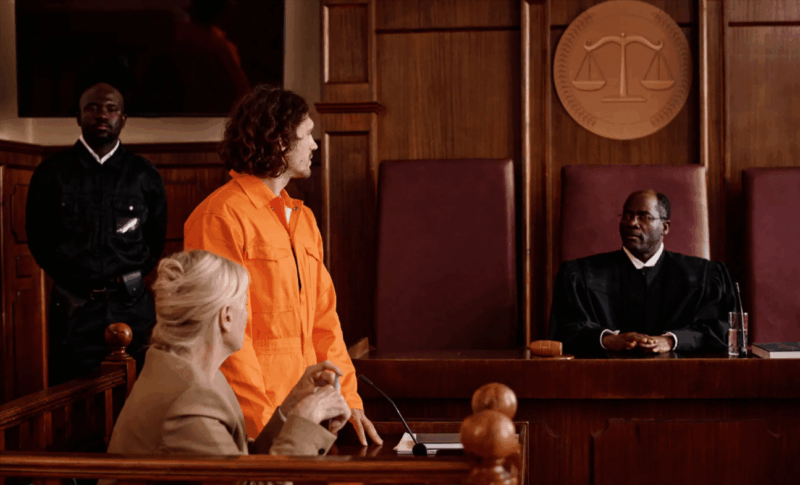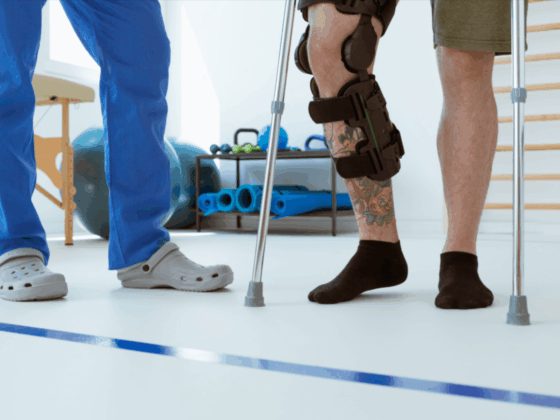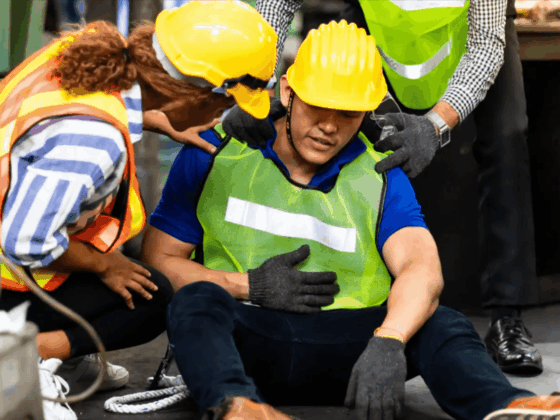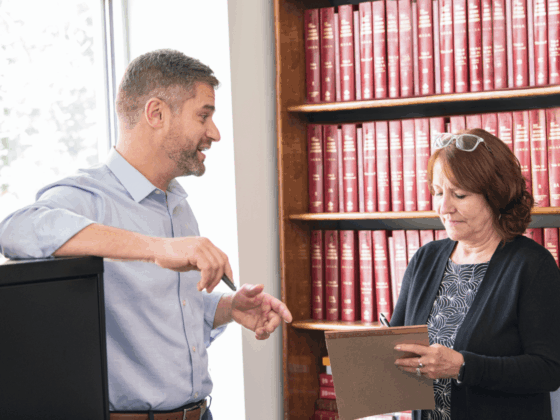In court, evidence can make or break a case. As a defendant, you need a strong strategy to challenge it. You might wonder how a Dallas criminal defense lawyer can challenge evidence in court. The process involves examining every detail with precision. Lawyers look for flaws and inconsistencies. They question evidence reliability. They scrutinize the methods used to collect it. They explore constitutional protections. The role of the defense lawyer is vital. The right approach could mean the difference between conviction and acquittal. It’s critical to understand where potential errors lie. Lawyers use their knowledge to find them. Visit gallianfirm.com to discover more ways lawyers can protect your rights. These challenges require skill, attention, and relentless effort. Your freedom could depend on it. Approaching your situation with care and insight empowers you. Be informed and seek the right legal assistance. You do not have to face this alone.
Questioning the Evidence
Defense lawyers often start by questioning the credibility of the evidence. They look for signs of tampering or contamination. Physical evidence, like DNA or fingerprints, must be collected and stored carefully. Any missteps can harm its validity. Lawyers may request documentation that details every step of the evidence collection process. This ensures the evidence was handled properly. According to the FBI’s guidelines, maintaining a clear chain of custody is essential. Broken chains can lead to evidence being dismissed.
Examining Collection Methods
Laws and regulations govern how evidence is collected. A Dallas criminal defense lawyer will examine whether these were followed. For instance, if police conducted a search without a proper warrant, any evidence found could be challenged. The Fourth Amendment provides protection against unreasonable searches. Any violation of this right can render evidence inadmissible. Lawyers may file motions to suppress evidence obtained unlawfully. The Legal Information Institute offers more insight into the Fourth Amendment and related cases.
Witness Credibility
Witnesses play a crucial role in court. Their testimony can be powerful. However, lawyers often explore their reliability. They question their motives and memory. Inconsistencies in their statements can weaken the prosecution’s case. Lawyers might compare previous testimonies for contradictions. They may also look at the witness’s background to find potential biases or ulterior motives.
Scientific Evidence Scrutiny
Scientific evidence, such as blood tests or digital forensics, requires expert analysis. Lawyers may question the techniques used in testing. Outdated or unreliable methods can be challenged. For example, breathalyzer tests must be regularly calibrated. Any deviation from standard procedures can lead to inaccurate results. Defense attorneys might consult with independent experts to verify the prosecution’s evidence.
Data Table: Common Evidence Challenges
| Type of Evidence | Common Issues |
|---|---|
| DNA | Contamination, chain of custody |
| Digital Forensics | Improper data handling |
| Eyewitness | Memory errors, biases |
| Surveillance Footage | Editing, time discrepancies |
Constitutional Safeguards
Your rights are protected by the Constitution. Any breach can lead to evidence exclusion. Lawyers ensure that your rights are upheld. They may argue that your legal protections were violated. For instance, if you were not informed of your rights before a confession, it might be dismissed. Vigilance in protecting these rights is crucial during legal proceedings.
Conclusion
Understanding how a Dallas criminal defense lawyer can challenge evidence in court provides peace of mind. Legal complexities demand skilled navigation. Each piece of evidence can be scrutinized and contested. The right defense lawyer employs strategies to protect your interests. They dissect evidence and defend your rights with determination. Remember, you have the right to a fair trial. Securing the right legal support ensures you have a strong advocate by your side. With expertise and dedication, a good lawyer makes a difference in your case. Stay informed and choose a lawyer committed to defending you.










